Let’s be honest—buying a family car isn’t just about space, comfort, or safety anymore. It’s about the long game. You want something reliable, yes, but also something that doesn’t drain your wallet the second you drive it off the lot.
That’s where depreciation comes in. Some family cars cling to their resale value like their lives depend on it, while others? They drop in value faster than your toddler drops their ice cream on a hot summer day.
As someone who lives, breathes, and dreams cars, I’ve seen it all. From minivans to midsize SUVs, some family rides hold their value so well it’s like printing money. Others become financial sinkholes before you’ve even made your second car payment. If you’re a parent, a daily commuter, or just someone who hates throwing money away, this list is for you.
In this blog, I’m breaking down five family cars that keep their value like champions and five that… well, let’s just say you’d better love them, because you’re not getting much back when you sell. I’ll cover real-world resale value stats, long-term reliability, ownership costs, and all the car-nerd details you won’t find in a brochure.
Let’s dive in—because your next family hauler shouldn’t come with buyer’s remorse.
5 Family Cars That Hold Their Value
These are the rockstars of the family car world—the vehicles that not only get your crew from A to B in comfort but also keep their resale value strong for years. If you’re thinking long-term ownership or trade-in value, these are the cars to seriously consider. Here’s your blueprint to beating depreciation.
ALSO READ: 5 Cars With Engines That Can Handle Neglect and 5 That Fail Without Perfect Maintenance
1. Toyota Highlander
If you asked me to name one SUV that practically laughs in the face of depreciation, it’s the Toyota Highlander. This midsize SUV is the MVP of family haulers—comfortable, ultra-reliable, and built like a tank. And when it comes to resale value, it’s a silent killer.
Highlanders hold their value better than 80% of their competitors after 5 years. Why? Because Toyota knows how to build machines that don’t die.
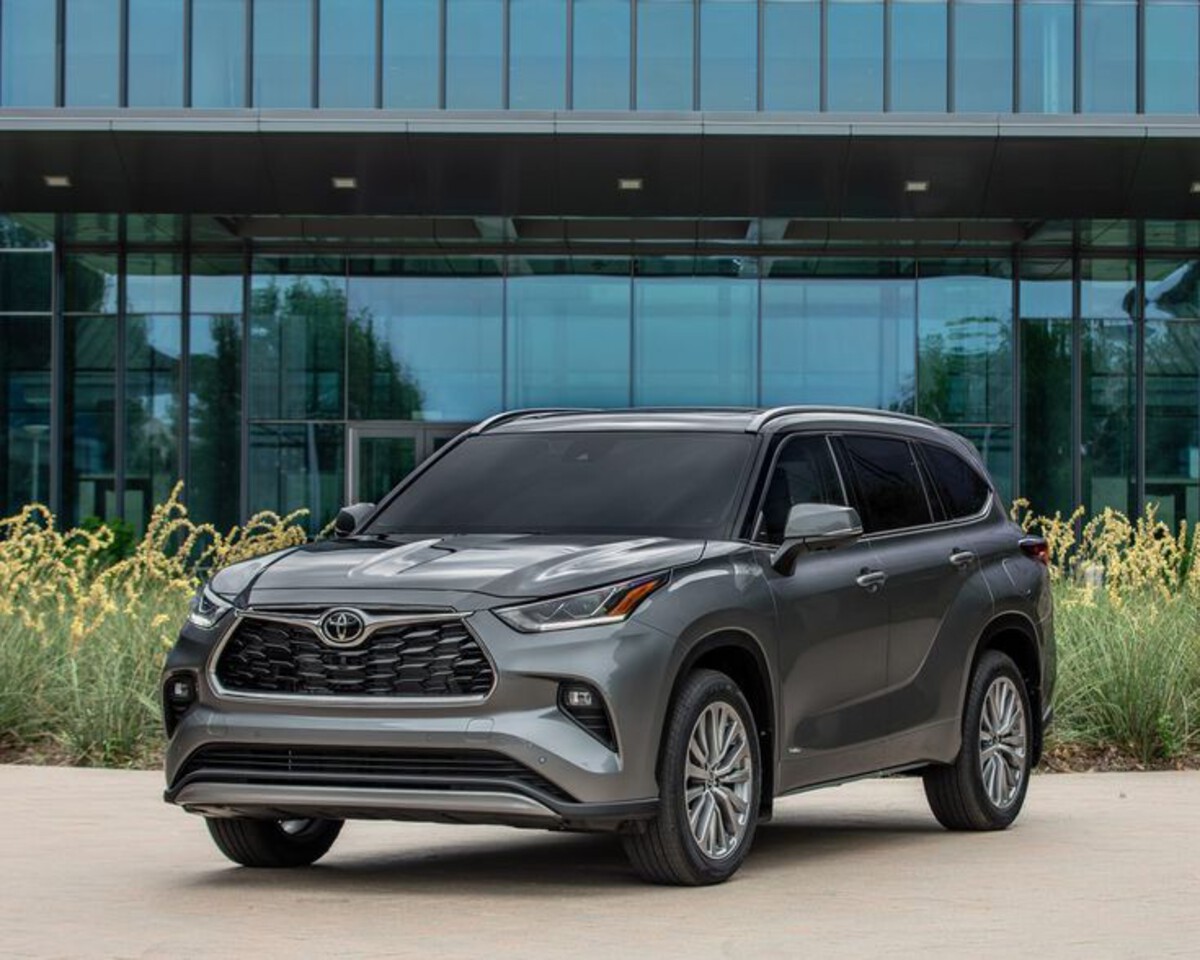
Add in the fact that it comes with third-row seating, impressive safety features, and a hybrid option that sips gas like it’s on a diet, and you’ve got a winner.
Even older models with six-figure mileage still fetch decent money on the used market. That’s gold when you’re ready to trade up. It’s also a top pick for family buyers, which keeps demand high, especially for used models that were well-maintained.
2. Honda CR-V
The Honda CR-V is the golden child of compact SUVs. If you want a family car that holds its value without being a massive beast to park, this is it. From school runs to grocery hauls to weekend road trips, the CR-V does it all.
Honda CR-Vs are built with longevity in mind. They’ll run 200,000+ miles with proper maintenance and barely flinch. That’s why they remain in high demand in the used car market.
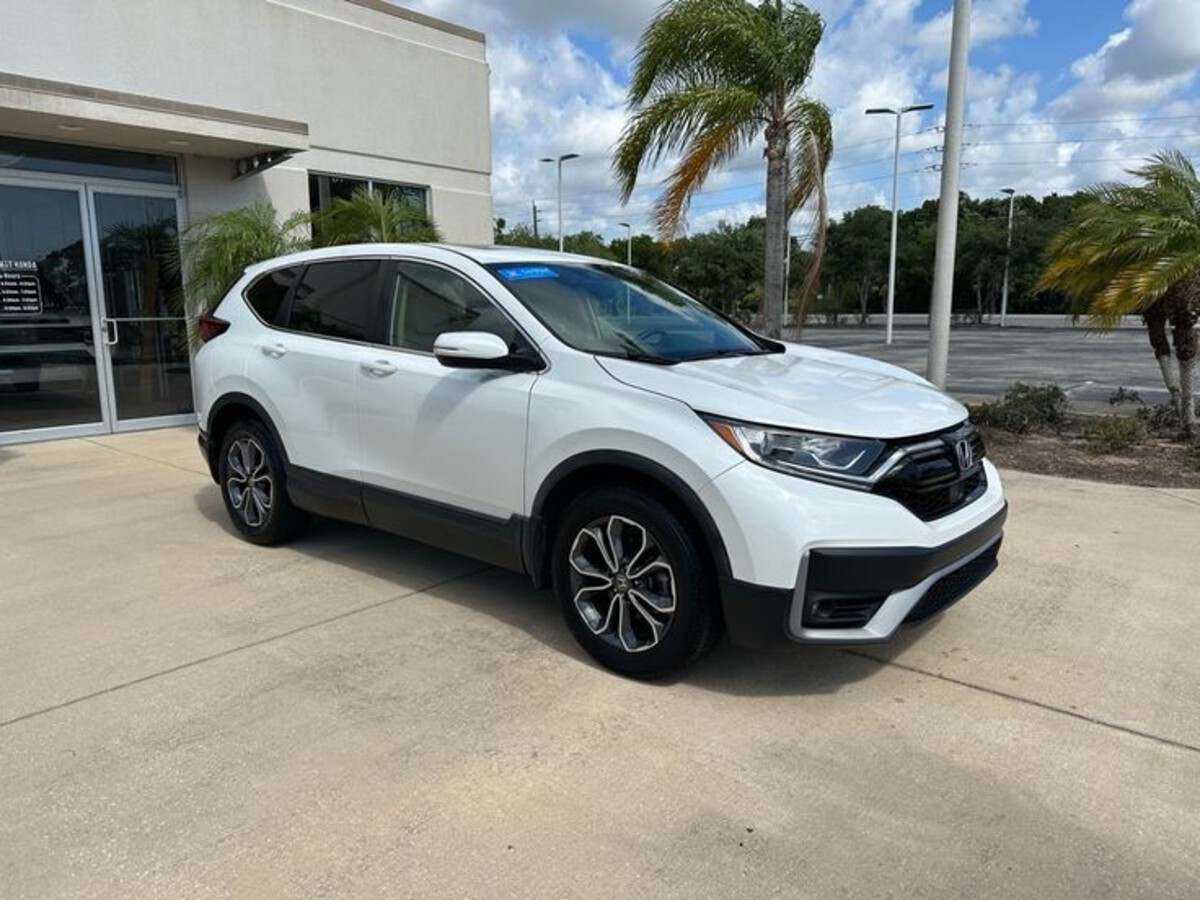
Even 5- to 7-year-old models command impressive resale prices, and people are often shocked at how little they lose compared to rivals.
The 2023 and 2024 models came with improved safety tech and hybrid options, making them even more attractive. Plus, their fuel economy is best-in-class, which is a major selling point as gas prices continue their rollercoaster ride.
3. Subaru Outback
You want a wagon, but a cooler. You want a crossover, but more practical. You want the Subaru Outback. This is the family car for the adventure-loving crowd who still need a backseat big enough for car seats and a trunk roomy enough for camping gear.
What sets the Outback apart is its cult following and rock-solid resale value. Subarus have this weird magic where their fans stay loyal for life, and that keeps demand sky-high.
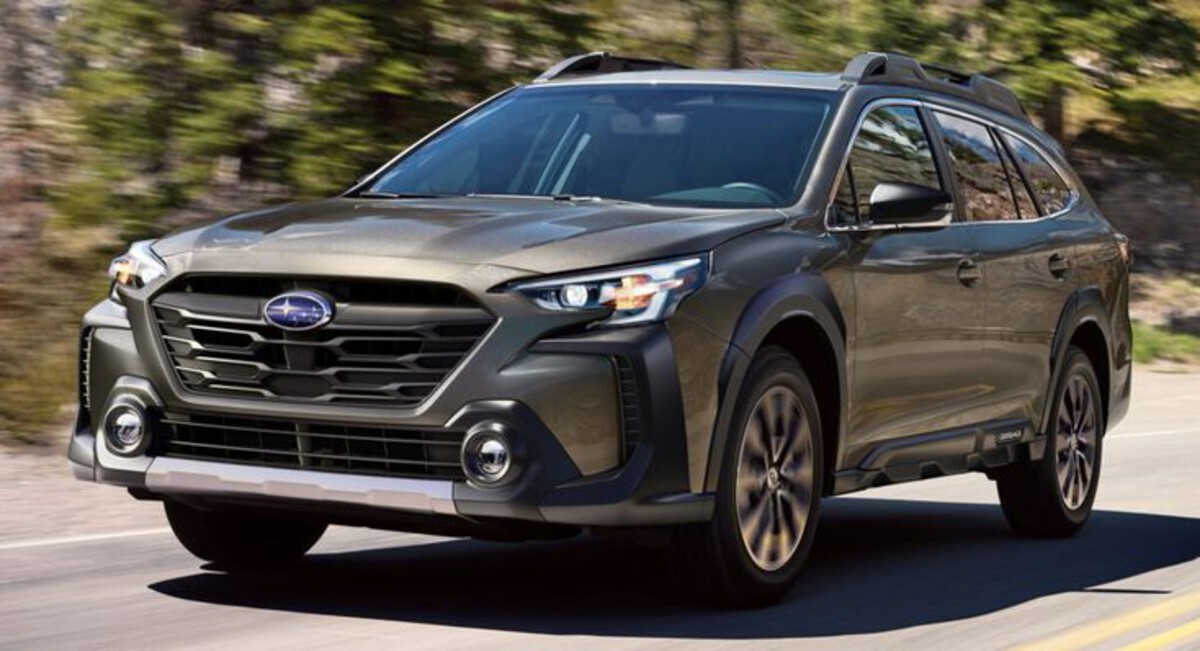
The Outback, in particular, has AWD as standard, incredible safety ratings, and a tough-yet-functional design.
Even a 10-year-old Outback can still bring in thousands on the used market. That’s no accident. It’s because people trust Subaru’s quality and durability. Oh, and it handles snow and rough roads like a champ—perfect for families in colder climates.
4. Toyota Sienna
Think minivans are dead? Think again. The Toyota Sienna has managed to do what few vans can—keep its cool and keep its value. Especially the hybrid-only models from 2021 onwards.
With seating for up to eight, power-sliding doors, and an interior that feels like a private jet for toddlers, the Sienna is luxury meets practicality.
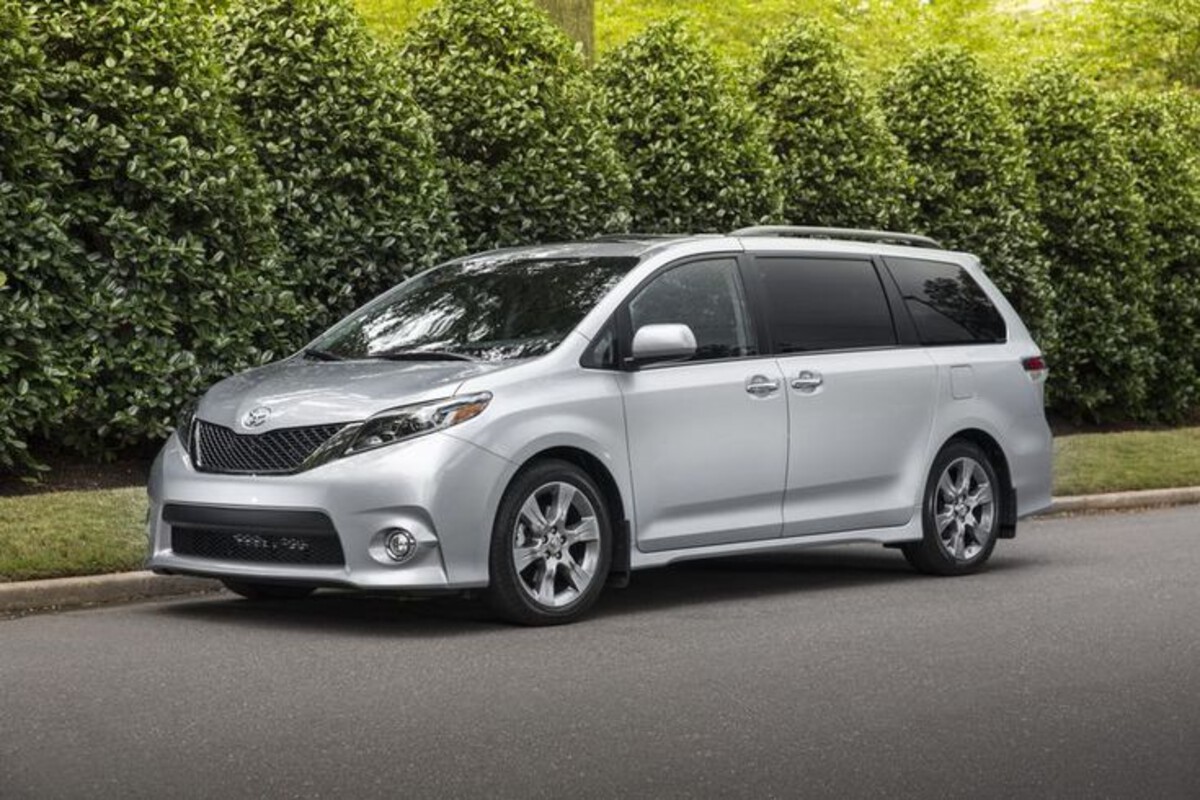
But here’s the kicker—it holds its value like a mid-size SUV. That’s rare in the minivan world, where most models plummet in price after just a few years.
The hybrid powertrain gives it jaw-dropping fuel economy, and Toyota’s legendary reliability makes it a no-brainer for resale. Parents love it. Dealers want it. Used car buyers search for it. Boom—value retained.
5. Lexus RX
Yes, it’s a luxury SUV. Yes, it’s pricey upfront. But the Lexus RX laughs at depreciation like it’s a joke. This midsize luxury crossover has the reliability of a Toyota (because it is, underneath) with the luxury badge to boot.
The RX has a plush interior, buttery ride quality, and the kind of styling that ages like fine wine. Even after 7–10 years, RX models often retain over 50% of their value—a staggering number in the luxury segment.
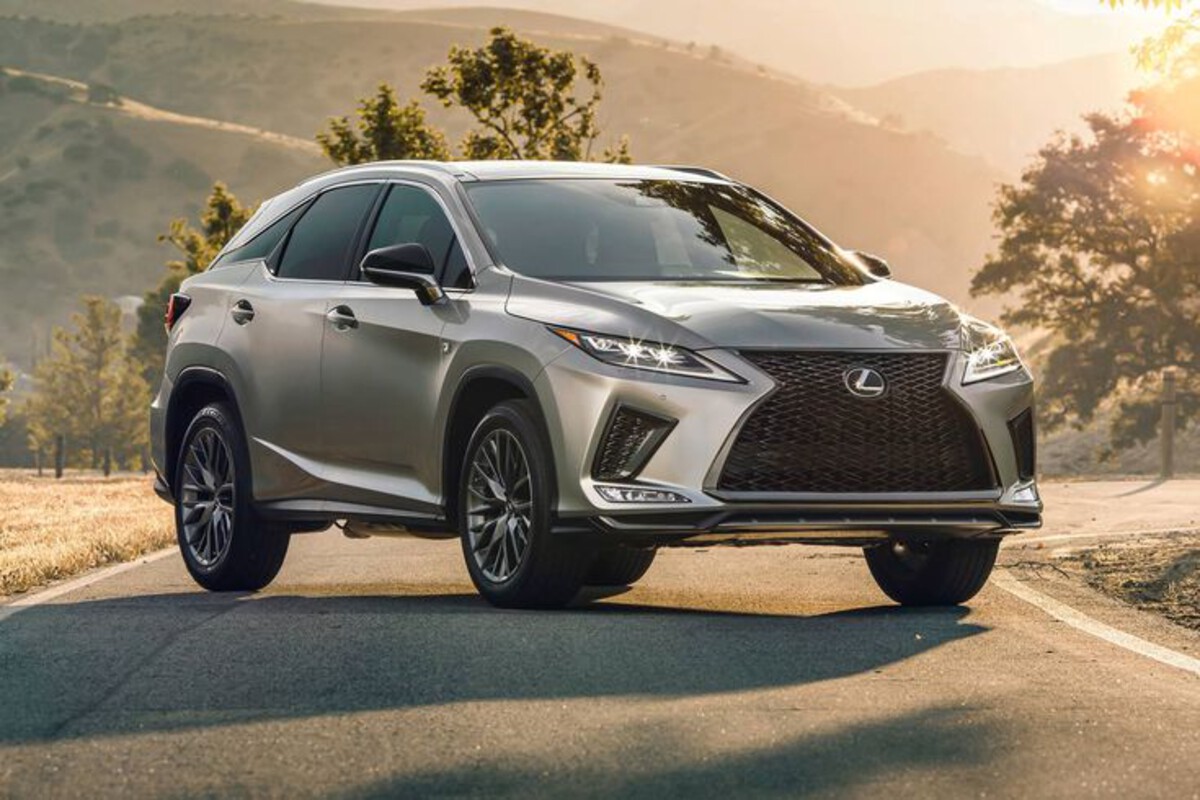
That’s thanks to Lexus’ reputation for durability and low ownership costs.
If you want a luxury family car that won’t punish your wallet later, this is it. And unlike German rivals, the RX won’t break the bank when something inevitably goes wrong.
5 Family Cars That Depreciate Like a Rock
Now for the heartbreakers—the family cars that lose value faster than you can say “trade-in.” These vehicles may seem like great deals upfront, but their resale value takes a nosedive the moment you sign the papers. If you care about long-term value (and who doesn’t?), steer clear of these wallet-draining rides.
ALSO READ: 10 Sporty Cars That Age Gracefully While Remaining Fun, Reliable, and Daily-Drivable
1. Chrysler Pacifica
The Chrysler Pacifica brings a lot to the table—sleek design, clever storage, hybrid options, and tech that actually makes life easier for families. It’s one of the better-driving minivans out there, and honestly, it’s easy to like.
But here’s the catch: it loses value like it’s on a mission. If you’re buying with resale in mind, this one’s a gamble.
Why does it tank so fast? A big chunk of the blame goes to reliability—or lack of it. Chrysler, now under Stellantis, hasn’t managed to shake off its long-standing issues with quality control.
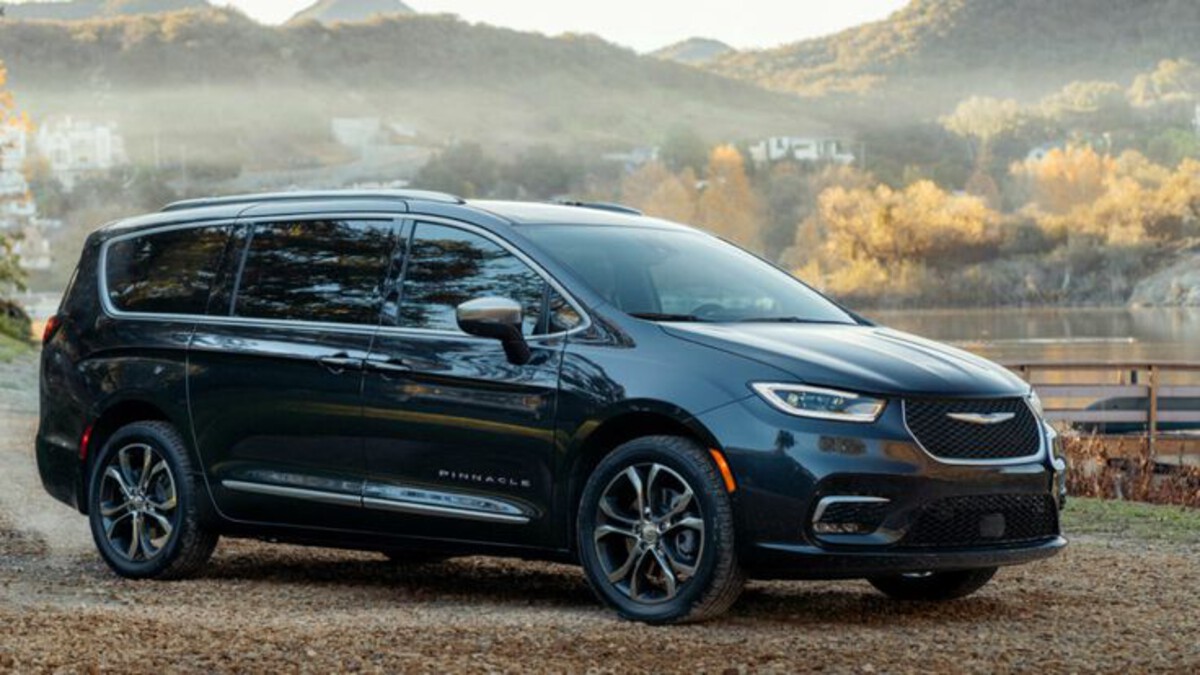
Owners report problems ranging from glitchy infotainment to transmission quirks, especially in earlier models. That bad rep doesn’t fade fast in the used market.
Then there’s supply. Minivans in general don’t hold value well unless they wear a Toyota or Honda badge. And with so many Pacificas hitting used car lots, demand just doesn’t keep up. Buyers who are shopping used tend to skip right over it in favor of an Odyssey or Sienna—something they feel safer betting on.
Depreciation hits hard. You’re looking at more than 50% lost within just a few years. For something that starts in the $35K–$50K range, that’s a brutal hit. The Pacifica’s good, but not good enough to protect your wallet long term.
2. Chevrolet Traverse
The Chevy Traverse seems like a good idea at first glance—big cabin, family-focused features, and a comfy ride. But when it comes to resale, it flops. This SUV loses value fast, even compared to other American brands. And when you stack it up against Japanese midsize SUVs like the Toyota Highlander or Honda Pilot? The difference gets embarrassing.
One of the biggest problems is Chevy’s track record with reliability. It’s all over the place. Some Traverse models run fine, others rack up expensive issues early, especially with transmissions and electronics.
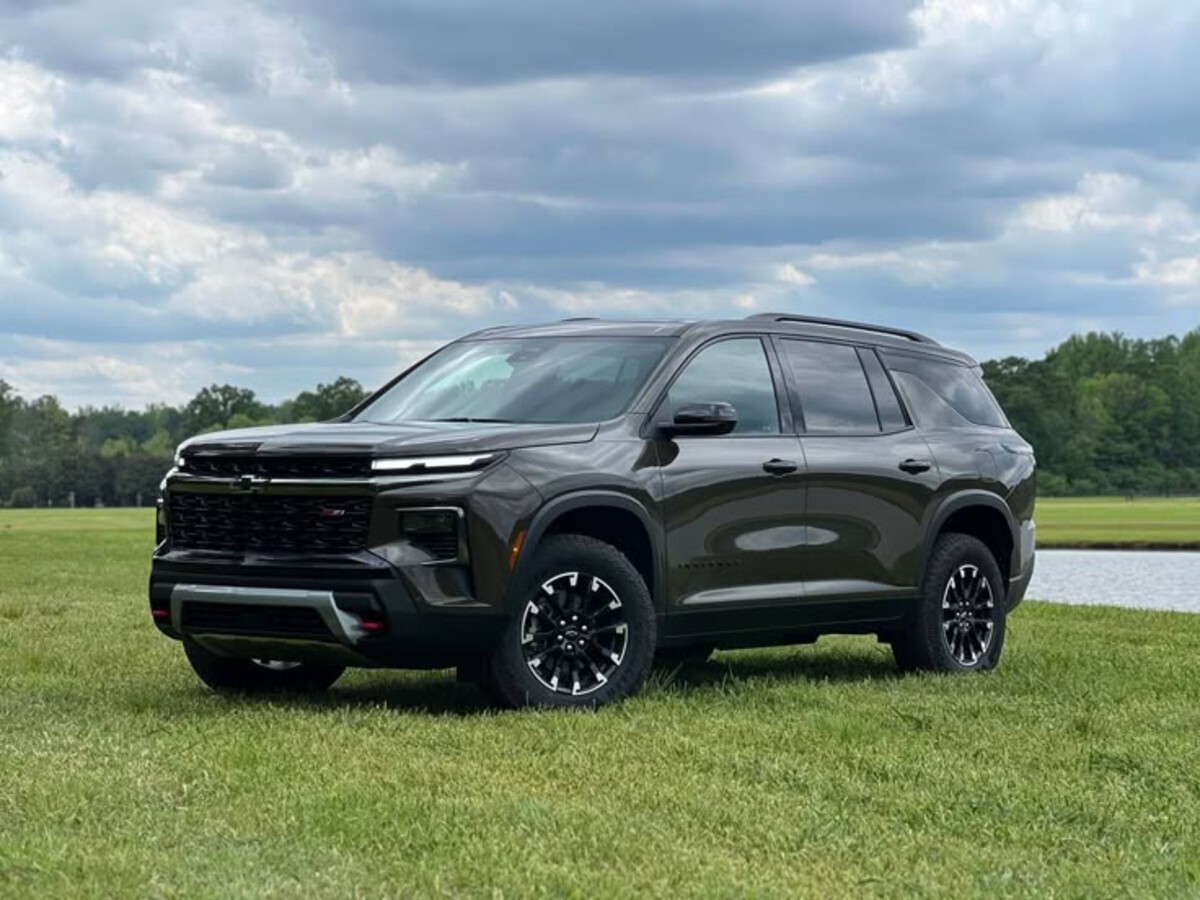
Buyers have caught on. The resale market doesn’t lie, and demand just isn’t strong for a used Traverse, even with low mileage.
The interior doesn’t help either. It feels decent new, but the materials age poorly. Cheap plastics wear down fast, and the infotainment system starts feeling clunky after just a couple of years. It’s not a cabin that holds up under daily abuse, and that shows when you try to sell it.
Dealers don’t love taking them in on trade, and resale pricing reflects that. So while the Traverse delivers space and decent comfort up front, its long-term value is weak. It’s not a total disaster, but if you care about getting money back down the road, this probably isn’t the SUV you want to bet on.
3. Nissan Pathfinder
The Nissan Pathfinder’s biggest issue? It never really figured out what it wanted to be. Over the past decade, it’s bounced between rugged body-on-frame utility, soft crossover comfort, and now something trying to blend both.
That shift may have helped Nissan chase different buyers, but it’s made the Pathfinder a tough sell long-term. People don’t know what they’re getting, and used buyers definitely don’t trust it.
The resale market shows it. Compared to rivals like the Toyota Highlander or Honda Pilot, the Pathfinder drops in value faster and sells slower. Why? Reliability concerns.
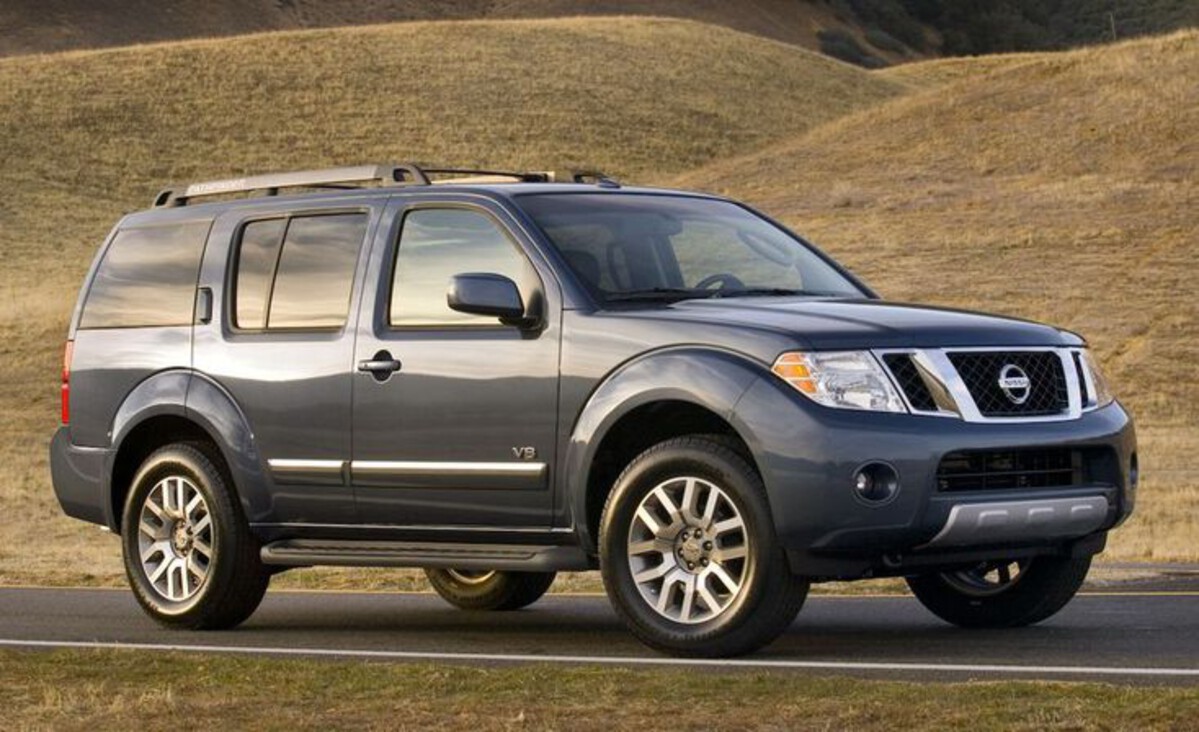
Nissan, especially during the 2010s, struggled with things like CVT failures, interior quality issues, and outdated infotainment systems. The Pathfinders had its share of those problems, and that rep sticks around.
Even when newer models started looking sharper, they couldn’t fully shake the baggage. Families looking for long-haul reliability usually skip it. Add in the fact that parts and repairs aren’t always cheap, and you’ve got a used SUV that looks okay on paper but doesn’t inspire confidence.
To be fair, it’s roomy and has decent towing capability—but that’s not enough to protect it from steep depreciation. Unless you plan to drive it into the ground, the Pathfinder doesn’t make much sense as an investment.
4. Dodge Journey
If there’s one SUV that screams “don’t expect your money back,” it’s the Dodge Journey. This thing was already dragging behind when it showed up on dealer lots, and it never really caught up.
By the time Dodge pulled the plug in 2020, the Journey was long past its expiration date. And yeah, once a model gets axed, resale usually tanks—and the Journey’s no exception.
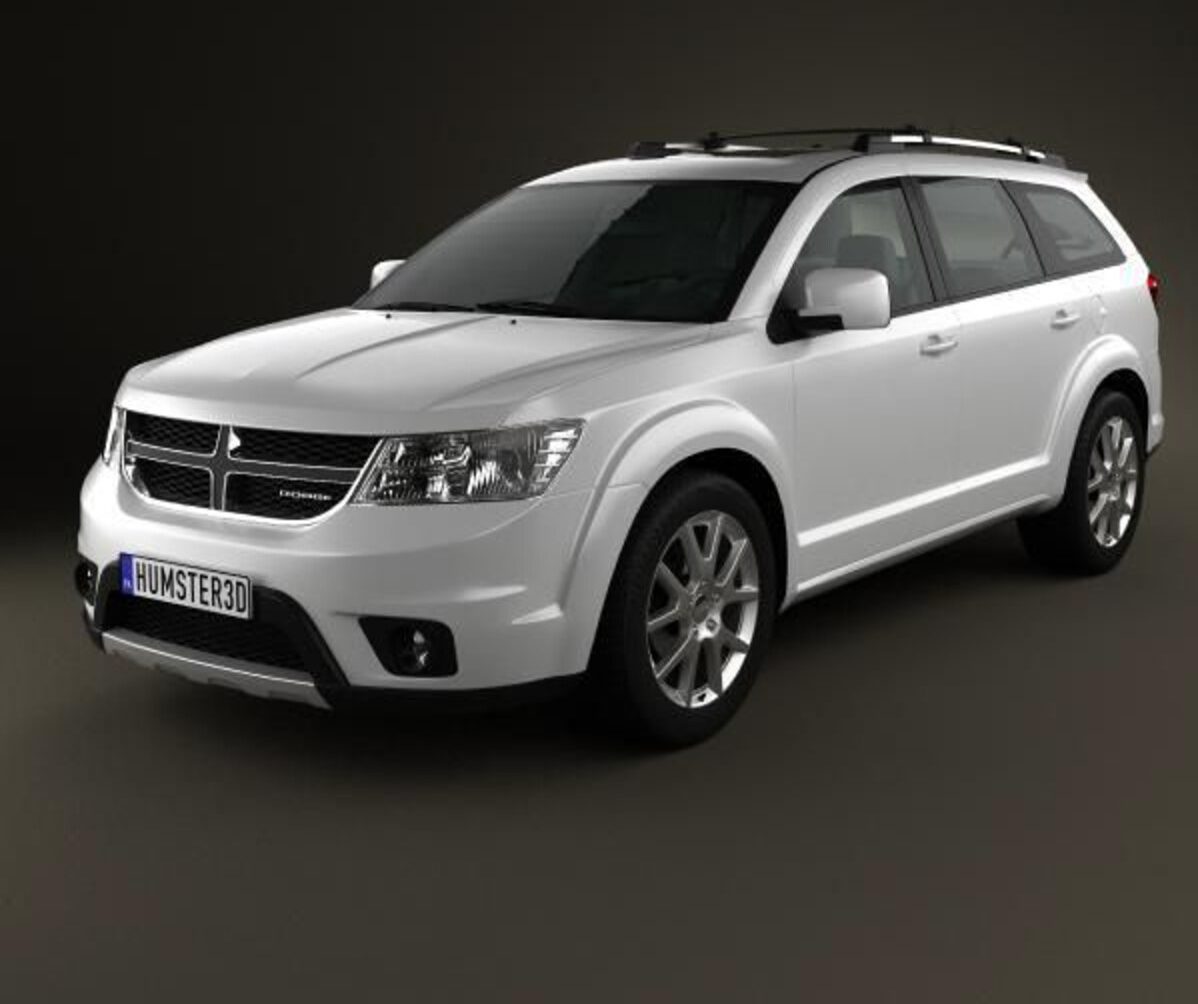
Sure, it was affordable when new, but that low sticker price came at a cost. The driving dynamics are just bad—vague steering, clunky transmission, and an underpowered engine that makes highway merging more of a gamble than it should be. And the interior? It felt dated even in its final year. Lots of hard plastics, outdated tech, and a general “rental car” vibe that didn’t age well at all.
The market hasn’t been kind to it either. Used car shoppers see the Journey and keep scrolling unless it’s dirt cheap. Depreciation hit fast and hard, and the lack of updates over the years only made things worse. Even dealers treat it like a trade-in liability. So yeah, while it might be tempting as a budget buy, don’t expect it to hold value. The Journey lives up to its name—just not in a good way.
5. Volkswagen Atlas
Volkswagen had big hopes for the Atlas. It came with clean European looks, a roomy three-row layout, and just enough tech to make it feel modern. On paper, it seemed like a legit competitor in the midsize SUV market. And to be fair, it drives well, solid on the highway, comfy ride, and decent handling for something that size. But here’s the thing no one wants to talk about: the resale value flat out stinks.
Like a lot of Volkswagens, the Atlas doesn’t age well financially. The depreciation curve hits harder than it should, especially for a vehicle that’s barely a few years old. One reason? Repair costs.
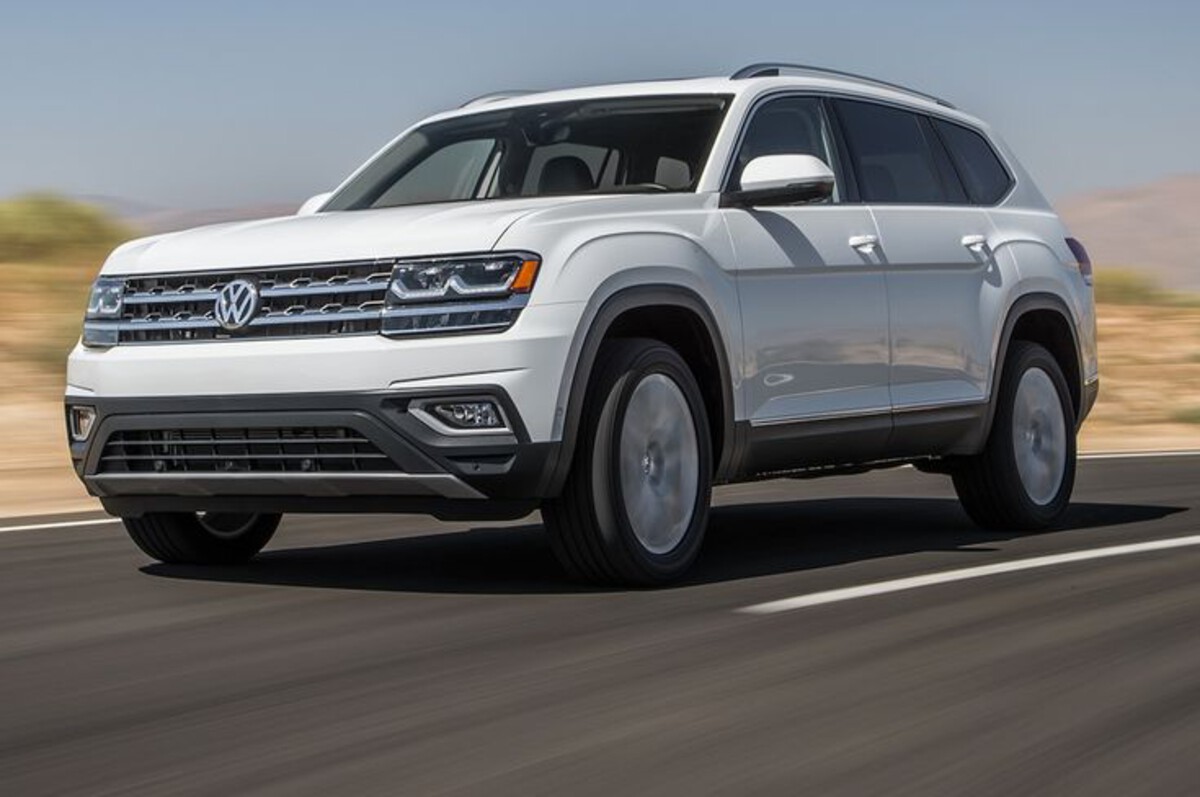
They’re high, plain, and simple. Even routine maintenance can run you more than you’d expect compared to rivals like the Toyota Highlander or Honda Pilot. Once warranties expire, owners get smacked with expensive parts and labor charges, especially for drivetrain or electronic gremlins that tend to pop up around 60,000 to 80,000 miles.
Add to that a market perception issue—folks are catching on. Buyers see the long-term ownership costs and start backing off. Even dealers are cautious when taking in Atlases as trade-ins. So while the Atlas looks good sitting in your driveway, it becomes a headache when it’s time to sell. Stylish, sure. Smart buy? Not really.
Buying a family car is one of the biggest decisions you’ll make—not just emotionally, but financially. And if you’re like me, you want a ride that delivers not only safety and comfort but also strong resale value.
The truth is, not all cars are built—or valued—equally. Some, like the Toyota Highlander and Subaru Outback, are investments that keep on giving. Others, like the Dodge Journey or Nissan Pathfinder, are financial black holes waiting to happen.
Depreciation isn’t just a buzzword—it’s a budget killer. Knowing which family cars hold their value can save you thousands down the road, especially when it’s time to upgrade, trade in, or sell. And trust me, few things sting more than realizing your once-$35K SUV is worth $12K after just a few years.
If you’re shopping smart, you’ll weigh resale value as heavily as horsepower or MPG. Think long-term. Think reliability. Think about demand in the used car market.
Because when it comes to family cars, value retention isn’t just smart—it’s essential.

